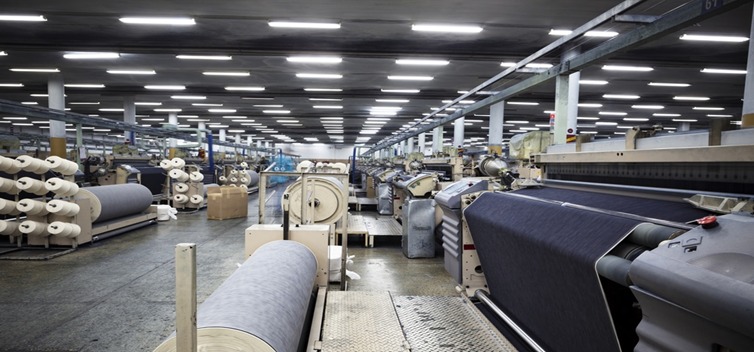ISLAMABAD: Increase in import tariffs contributes to a rise in the cost of raw material, which results in higher prices of final products thus reducing exports, said Saba Bukhari, a scholar at the National University of Modern Languages (NUML), Islamabad while talking to WealthPK.
“Undoubtedly, the textile industry is the backbone of our economy and we are the world leader in cotton production. It is the largest manufacturing sector employing almost 38% of the workforce. Textile make a lion’s share of exports and a drop in exports impacts the economy. As a result, the foreign exchange reserves fall even further,” said Bukhari.
She said tariff on imports was one of the main factors preventing exports. A country mostly imports raw materials for industrial use, but due to high tariff rates, the manufacturing costs get higher than in competitive countries. As a consequence, the prices of finished products increase, causing a decline in exports.
“Low production of goods is another issue, as the manufacturing equipment is not sophisticated. In order to achieve the highest level of production, the industry’s production system needs to be upgraded,” Bukhari added.
According to Shahid Sattar, Executive Director and Secretary General of All Pakistan Textile Mills Association (APTMA), a good number of textile mills units have stopped operating due to the shortage of spare parts.
“Pakistan exported textile products worth $19,330 million in the fiscal year 2021 – a record high on an annual basis, according to the figures made public by the Pakistan Bureau of Statistics (PBS). However, the exports dropped by 18.15% in November 2022 compared to the corresponding period last year,” Bukhari said.
“Pakistan will also experience an increase in unemployment and a decline in productivity if the textile sector does not function to its optimal level. It is alarming that the textile exports are dropping, as it will negatively impact the economy,” said Bukhari.
She said the government ought to pay attention to the export policy, especially to the textile exports. In order to raise the productivity of the manufacturing sector and lower the cost of the finished products, the government must invest in new technology for the textile industry. This will make our products more competitive in the world market.
“The drop in textile exports is a cause for Pakistan to worry. In the end, it will result in unemployment and increase pressure on the foreign exchange reserves. An effective approach to lessen the negative effects of the declining textile exports is needed. A strong policy is required that can stabilise the industry and stop it from shutting down its operations,” Bukhari added.






